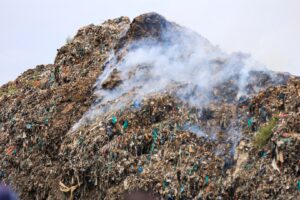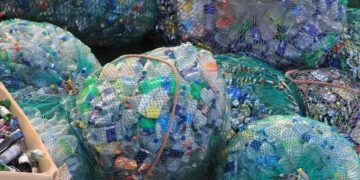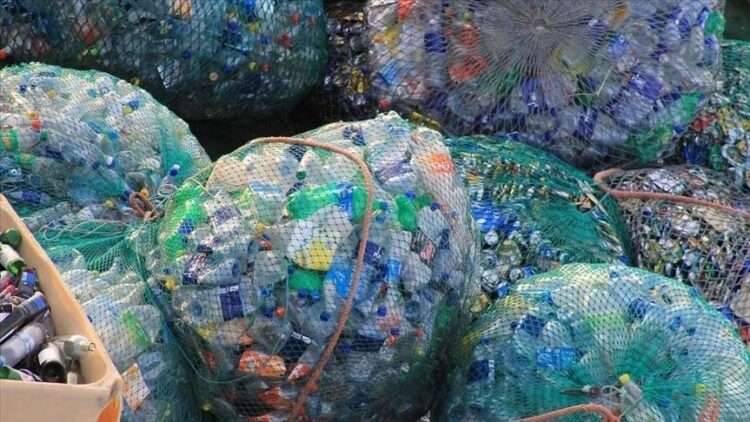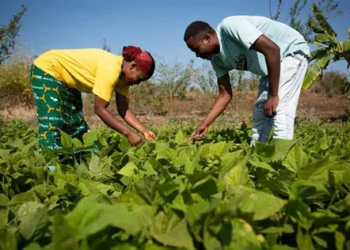OPINION
Editor, June 5, 2025, will be a World Environment Day and this day is being celebrated under
the theme, “beat plastic pollution”, which calls for a global effort to end plastic pollution.
Plastics are primarily non degradable, when left on land for a longtime, the plastics are known to
leach toxic chemicals into soils, thereby contaminating water bodies and plants.

Additionally, plastics are made from oil with a highly polluting production process and they break into micro
particles that circulate the environment, they do not dissolve anyhow. For instance, a single
water bottle can take up to a 1000 years to break down hence degrading the environment.
It is noted that the growth in the usage of plastics due to rapid population growth, urbanization and industrial growth is the biggest contributor to the environmental degradation, disruption of ecosystems and climate change today in Uganda and around the globe. The high consumption of the plastics due to affordability and durability has attracted a wide market globally.
Plastic pollution is a global problem and can alter habitats and natural processes, reducing ecosystems’ ability to adapt to climate change, directly affecting millions of people’s livelihoods,
food production capabilities and social well-being. According to UNEP, it is noted that every year, 19-23 million tones of plastic waste leaks into aquatic ecosystems, polluting lakes, rivers and seas.
According to the United Nations, the world is producing 430 million tones of plastics per year, a staggering 66% of which are only used for a short period of time, including single use plastics such as water bottles, food packaging and plastic utensils. This brief life cycle has consequences every day, the equivalent of over 2,000 garbage trucks full of plastic are dumped into our oceans,
rivers and lakes. As a result, plastic pollution is set to triple by 2060 if no action is taken.

In Uganda alone, current statistics from the National Environment Management Authority (NEMA) show that the country generates 600 metric tonnes of plastics daily. About 40% of plastic waste is collected for disposal and 60% is left in the environment. Kampala, Uganda’s capital city, itself generates 800,000 metric tonnes of plastic every year. Research shows that under a business-as-usual scenario, plastics could emit 19% of Global Greenhouse Gas (GHG) emissions allowed under a 1.5°C scenario by 2040, essentially making the goal out of reach. This is because companies prefer plastics for packaging to cut costs of production which simply indicate that we cannot fully do away with plastics.
Because of the increase in plastic waste pollution in our environment, we see increased unexplained climate change, floods, poor water quality, poor air quality, decreased soil fertility, siltation of water bodies, death of livestock, fish, and wildlife through ingestion and entanglement and above all, enhanced greenhouse gas emissions that have degraded our environment.
Therefore, as the world commemorates the World Environment Day, I call upon the government to address the impacts of plastic pollution which requires a comprehensive measures including improved waste management practices, public awareness campaigns and policy interventions.
The government actors including the office of the prime minister, the Uganda Revenue Authority and NEMA among others need to enforce implementation of the provisions of the law on plastic
pollution. By acting now, we can protect our human health, preserve ecosystems and foster sustainable development in our country.
By Olive Atuhaire,
The writer is a Research Associate at AFIEGO
Email: atuhaireolivia72.ao@gmail.com








































